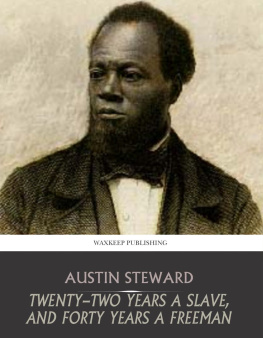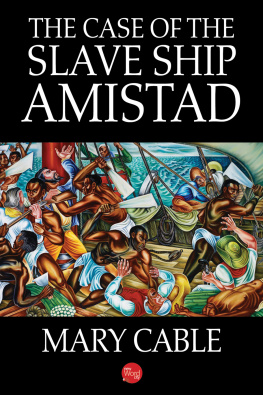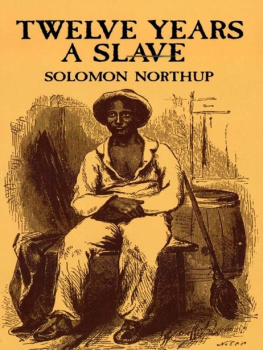Brantz Mayer - Captain Canot - Twenty Years of an African Slave Ship (Autobiographical Account)
Here you can read online Brantz Mayer - Captain Canot - Twenty Years of an African Slave Ship (Autobiographical Account) full text of the book (entire story) in english for free. Download pdf and epub, get meaning, cover and reviews about this ebook. year: 2018, publisher: e-artnow, genre: Non-fiction. Description of the work, (preface) as well as reviews are available. Best literature library LitArk.com created for fans of good reading and offers a wide selection of genres:
Romance novel
Science fiction
Adventure
Detective
Science
History
Home and family
Prose
Art
Politics
Computer
Non-fiction
Religion
Business
Children
Humor
Choose a favorite category and find really read worthwhile books. Enjoy immersion in the world of imagination, feel the emotions of the characters or learn something new for yourself, make an fascinating discovery.

- Book:Captain Canot - Twenty Years of an African Slave Ship (Autobiographical Account)
- Author:
- Publisher:e-artnow
- Genre:
- Year:2018
- Rating:4 / 5
- Favourites:Add to favourites
- Your mark:
- 80
- 1
- 2
- 3
- 4
- 5
Captain Canot - Twenty Years of an African Slave Ship (Autobiographical Account): summary, description and annotation
We offer to read an annotation, description, summary or preface (depends on what the author of the book "Captain Canot - Twenty Years of an African Slave Ship (Autobiographical Account)" wrote himself). If you haven't found the necessary information about the book — write in the comments, we will try to find it.
Brantz Mayer: author's other books
Who wrote Captain Canot - Twenty Years of an African Slave Ship (Autobiographical Account)? Find out the surname, the name of the author of the book and a list of all author's works by series.
Captain Canot - Twenty Years of an African Slave Ship (Autobiographical Account) — read online for free the complete book (whole text) full work
Below is the text of the book, divided by pages. System saving the place of the last page read, allows you to conveniently read the book "Captain Canot - Twenty Years of an African Slave Ship (Autobiographical Account)" online for free, without having to search again every time where you left off. Put a bookmark, and you can go to the page where you finished reading at any time.
Font size:
Interval:
Bookmark:

Published by

Books
2018 OK Publishing
No claim to original U.S. Government Works.
ISBN 978-80-272-4046-3

MANDINGO CHIEF AND HIS SWORD BEARER.
Afra genus, tota patriam testante figura;
Torta comam, labroque tumens, et fusca colorem;
Pectore lata, jacens mammis, compressior alvo,
Cruribus exilis, spatiosa prodiga planta;
Continuis rimis calcanea scissa rigebant.
Font size:
Interval:
Bookmark:
Similar books «Captain Canot - Twenty Years of an African Slave Ship (Autobiographical Account)»
Look at similar books to Captain Canot - Twenty Years of an African Slave Ship (Autobiographical Account). We have selected literature similar in name and meaning in the hope of providing readers with more options to find new, interesting, not yet read works.
Discussion, reviews of the book Captain Canot - Twenty Years of an African Slave Ship (Autobiographical Account) and just readers' own opinions. Leave your comments, write what you think about the work, its meaning or the main characters. Specify what exactly you liked and what you didn't like, and why you think so.






